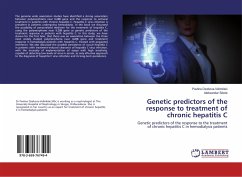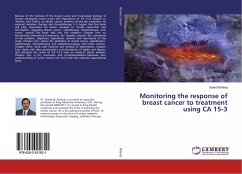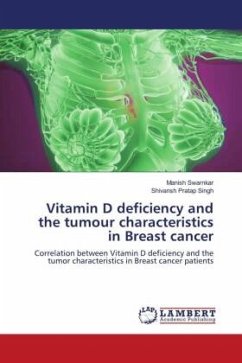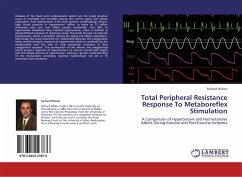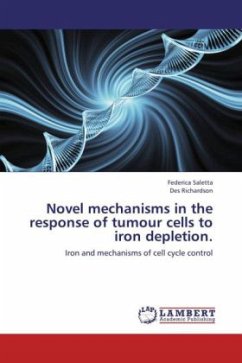
Novel mechanisms in the response of tumour cells to iron depletion
Iron and mechanisms of cell cycle control
Versandkostenfrei!
Versandfertig in 6-10 Tagen
49,99 €
inkl. MwSt.

PAYBACK Punkte
25 °P sammeln!
Iron is a fundamental trace element that is involved in critical processes such as DNA synthesis and iron-deprivation results in cell cycle arrest. However, despite mounting evidence that the depletion of cellular iron levels is able to inhibit tumour progression, the molecular mechanisms that are involved in its anti-tumour activity remain elusive and are important to establish. The data presented in this book demonstrate that the high potency of iron chelators at inhibiting tumour growth is due to their effects on multiple molecular targets. Further, we analysed the regulatory elements respo...
Iron is a fundamental trace element that is involved in critical processes such as DNA synthesis and iron-deprivation results in cell cycle arrest. However, despite mounting evidence that the depletion of cellular iron levels is able to inhibit tumour progression, the molecular mechanisms that are involved in its anti-tumour activity remain elusive and are important to establish. The data presented in this book demonstrate that the high potency of iron chelators at inhibiting tumour growth is due to their effects on multiple molecular targets. Further, we analysed the regulatory elements responsible for iron depletion-mediated regulation of DNA repair genes such as GADD45 and identify the specific transcription factor involved, namely NF-YA. This study also demonstrates that iron depletion can regulate gene translation and modulates various down-stream genes including the metastasis suppressor, N-myc downstream regulated gene-1. These findings are important for understanding the selective anti-proliferative effects of chelators against neoplastic cells and the mechanisms of iron-depletion-mediated cell cycle arrest, DNA-damage repair and apoptosis.




